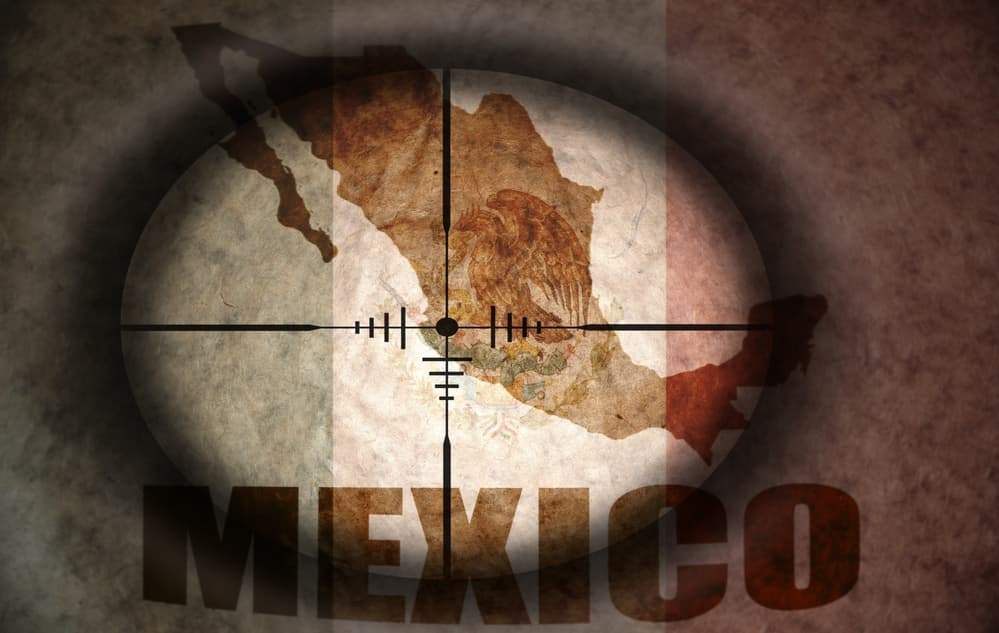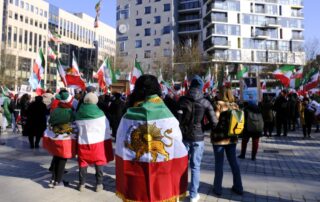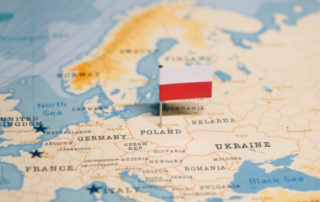
Conflict diamonds are one thing, but conflict guacamole is another. Thanks to the phenomenon of avocado toast (an Australian invention), or the transformation of humble toasted bread into $100 delicacies thanks to the addition of avocado and culinary ingenuity, the popularity of the Mexican fruit (yes, avocado is a fruit) has skyrocketed. This demand has allowed for Mexican drug cartels to expand their enterprises away from only stereotypical drug smuggling and human trafficking and into the avocado industry.
Despite the crime, the bling and the bloodshed, Mexico’s drug cartels are profit-minded businesses at their core. As such, they take advantage of trade deals, new industries, seek market share, and fight for supply chain control as any other industry. In 1994, the signing of the North American Free Trade Agreement (NAFTA), transformed the Mexican state of Michoacán into the avocado capital of the world. In Michoacán, the town of Periban even holds an annual avocado festival. Beneath the quaintness, Mexico’s drug cartels exert extraordinary influence on the avocado industry.
Avocado exports from Mexico to the US amount to a $2.8 billion annual tab. In addition to limes, Mexico’s infamous cartels levy taxes on the country’s avocado growers, and seek to control commodity prices through price manipulation. Recent estimates put the tax at $50 per hectare per month. According to avocado field workers, the cartels offer protection and better customer service than the Mexican government. This is in addition to cartels often taking care of growers’ families.
While this tax rate at $50 per hectare per month seems small, it ultimately gets passed on to indifferent American consumers roaming the aisles of their local grocery stores. Highlighting the “freakonomics” of conflict guac, an entire trade organization called “Avocados from Mexico” launched a marketing campaign to promote the cartel-linked commodity in time for Super Bowl LVII.
Despite the chips and dip, the fact of the matter remains that cartel involvement in the avocado industry contributes to unstable security environments in Mexico, as well as extreme violence. Indeed, the conflict-linked avocado trade involves illegal deforestation, child slave labor, and confrontations between grower-backed vigilante groups and the cartels. The clashes that occur are not quaint, but rather involve military-designed drones, IEDs, and armored vehicles.
It must be noted that major US companies are at risk of purchasing from cartel-linked growers. Household store brands such as Whole Foods, Costco, and Sam’s Club often source their avocados from Michoacán, and are potentially unwitting actors within a drug cartel’s supply chain.
Such purchasing not only exposes American distributors of avocados to political risk and potential liabilities, but also potential cooption or extortion of their own companies from sophisticated political actors.
This study in avocadoes illustrates not only how threat groups like drug cartels can harm supply chains in surprising ways, but also why geopolitical and country risk is relevant to every industry.
Every country, Mexico included, carries unique country risks that companies must assess and monitor in order to safely do business. US companies involved in Mexican commodities or with Mexican partners should conduct routine Geopolitical Risk analyses and due diligence investigations to mitigate risk. Businesses acting as distributors of Mexican suppliers or goods or services should examine alternative sourcing for their supply chains in the event of potential risk.
Due diligence and country risk intelligence are two faces of the same coin. Boots-on-the ground investigations detect risks before they make headlines, and before they manifest in shareholder losses, lawsuits, or artificial costs in the form of corruption and security.



